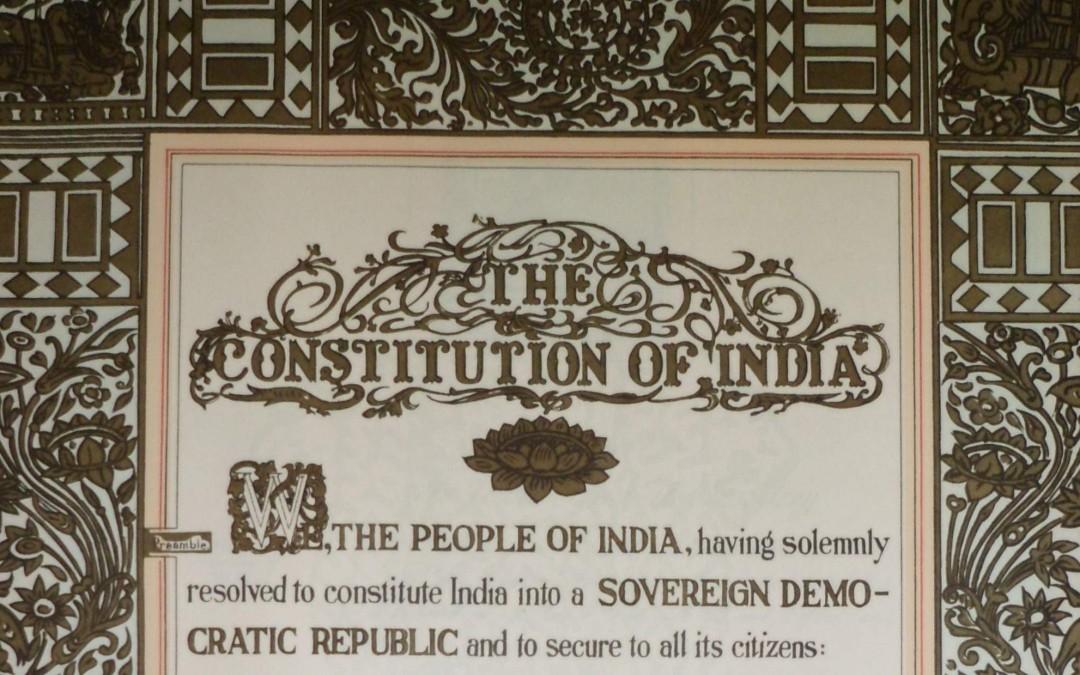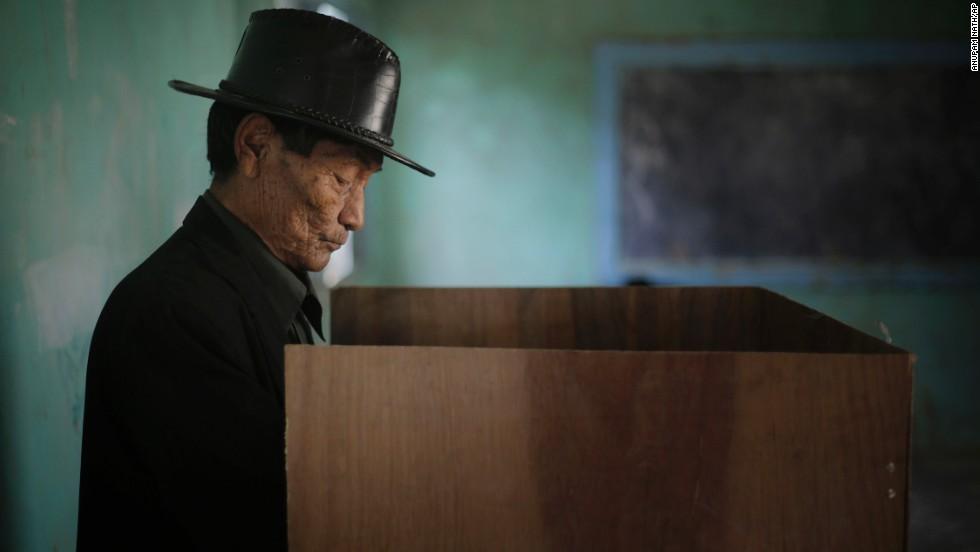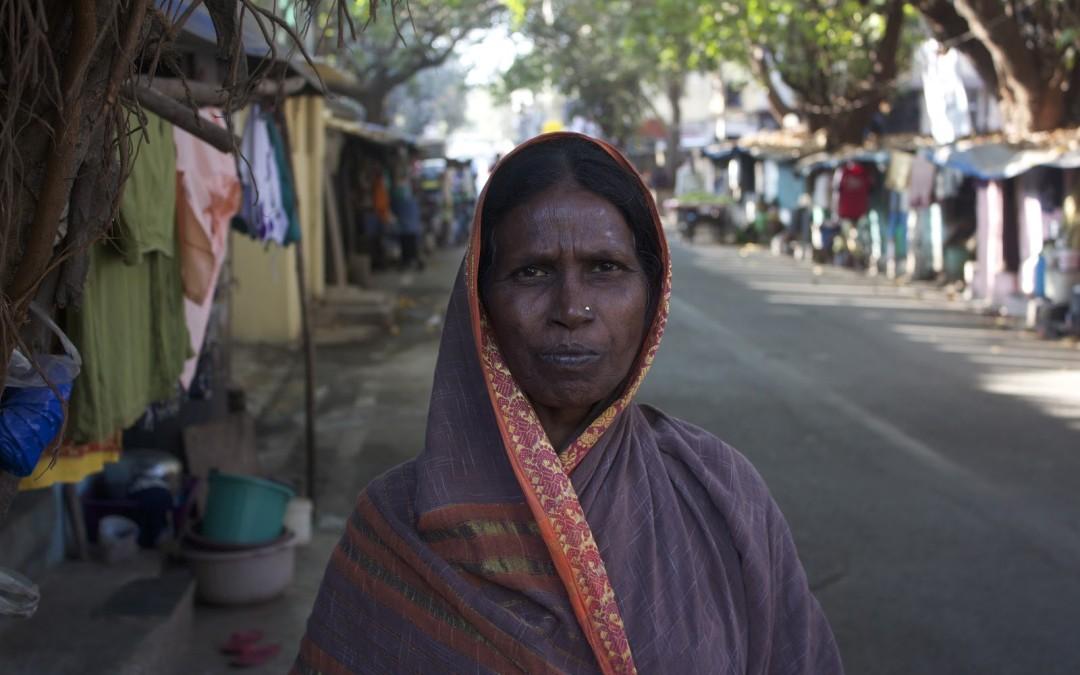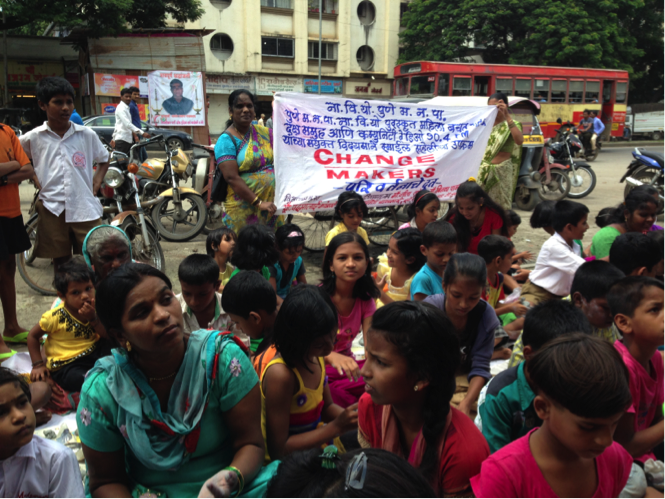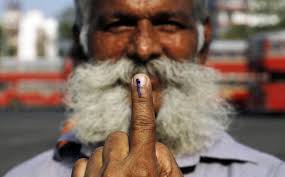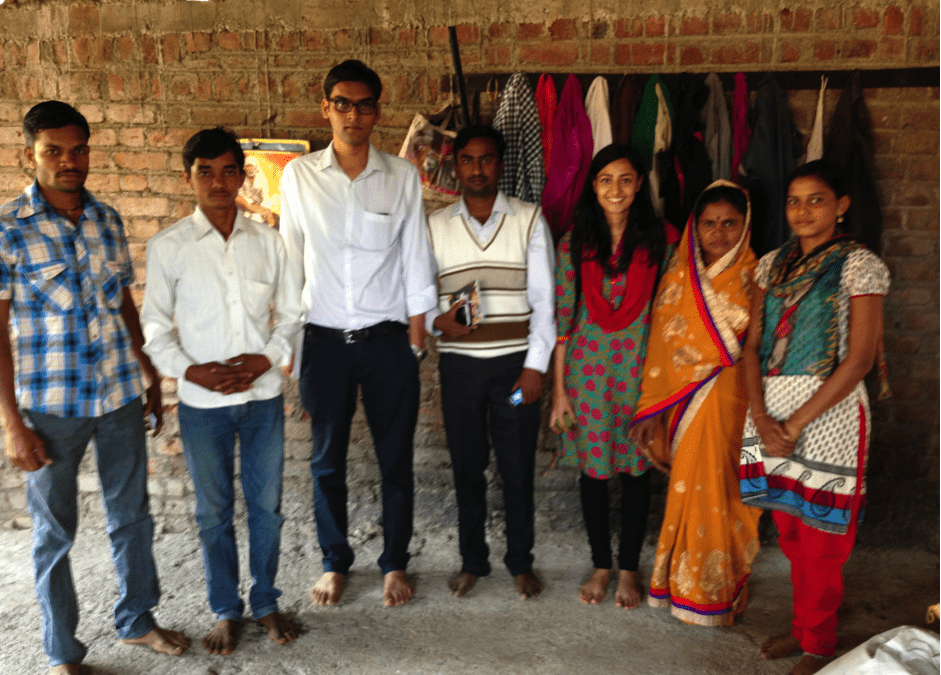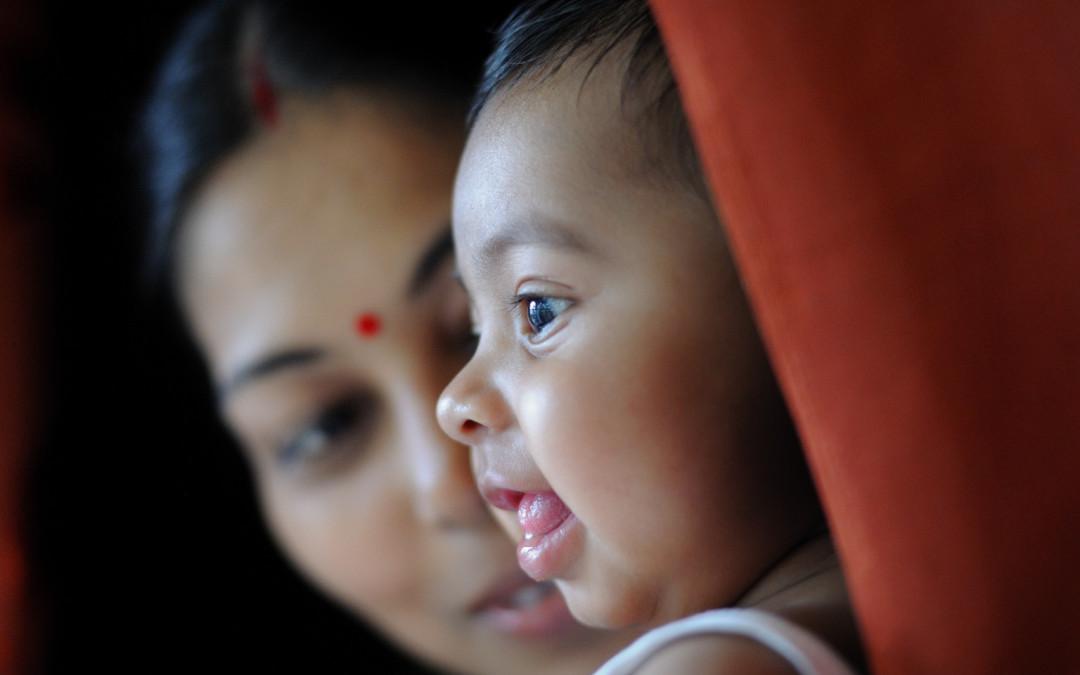Federalism and Finances – Looking Beyond Centre and State to the Third Tier
The recommendations of the Fourteenth Finance Commission (FFC) have been hailed almost unanimously for ushering in a new era for Centre-state relations in India. The most significant of these recommendations – accepted by the government – is the one that devolves 42% of the divisible share in the centrally levied tax pool to the states, […]
